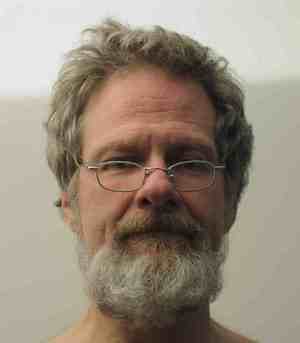In any event, much more recently, since Gutenberg, for instance, every communication medium's technological development and social deployment has entailed this combative dialectic. The Bible may have been Johann's first big project, but not too long afterward, the press itself helped Martin Luther affix his challenge to various posting places.
Thus, a pattern emerged that has, quite plausibly, come to stand for a central trait of capitalist evolution. Put most simply, defining struggles over meaning, knowledge, and power all intersected with and emanated from the powers of technology and labor that inhered in the conglomeration of recorded speech and the media for presenting it; advantages in this contest, almost universally in the form of successful--or replicable--networks and paradigms that reached expanding 'publics,' served to influence, and often to determine, social, political, and economic outcomes.
For all of its frequent flaws of glaring bourgeois bias, Paul Starr's The Creation of the Media: Political Origins of Modern Communications offers pupils of these matters a relatively elegant empirical bedrock for supporting the above conclusion. From the concomitant downfall of strict censorship and the censorious Stuarts, to the simultaneous libertine upsurge of colonial textuality--newsy and both globally and locally aware--and a persistent rebellion, to the dialectically intertwined manifestation of knowledge, distribution, and publication forms that have seesawed their way through American history, this characterization of mediation seems, at least, reasonable.
The nearly universal initiation, co-optation, or capture of news-and-publishing outlets by the rising bourgeoisie took many forms. However, this humble correspondent would insist that folks apprehend the undeniable veracity of the proposition that we have not come to today's seemingly unstoppable effusion of hyper-monopoly in any other fashion than step-by-step, following original inclinations to their logical and predictable ends.
This is corroborated whether one adopts a biographical approach--from Horace Greely's faux-Horatio-Alger-garnering of capitalist backing, to Hearst's gold-mining, and gold-digging, parentage, and beyond, to the Luces, the Paleys and so forth and so on--to ascertaining information networks, or whether one prefers to examine the way that business and regulatory structures favor particular organization forms over others, or whether one chooses different, more intellectual and ideational formulations. The history of media in America is, practically speaking--'Citizen-Kane' gossipy details notwithstanding, indistinguishable from the history of capitalism in America.
Advertising and marketing and propaganda together confirm this. Power-politics and the specifics of character assassination and the sway of secrecy demonstrate this. The opportunistic inclusion or exclusion of access to 'legitimate' or 'unacceptable' publics combine with criminal and civil media law again and again to prove this.
Forthcoming investigation will delve more deeply into the political economic and historical background that underpins the current media conundrums that afflict citizens. The point of both this explication and what is to come is simple: in the realm of AOL's conjunction with Huff-Po, such a conceptual, historical, and political-economic framework is critical to any understanding that is richer and deeper than either a 'follow-the-yellow-brick-road' optimism or a 'lions-and-tigers-and-bears' sense of panic.
Readers might want to stay tuned and remember the words of Betty Davis. "Fasten your seat-belts; it's going to be a bumpy night."
(Note: You can view every article as one long page if you sign up as an Advocate Member, or higher).





